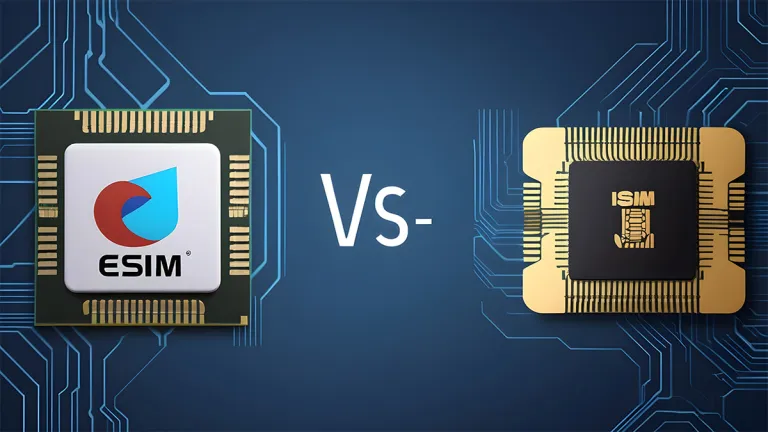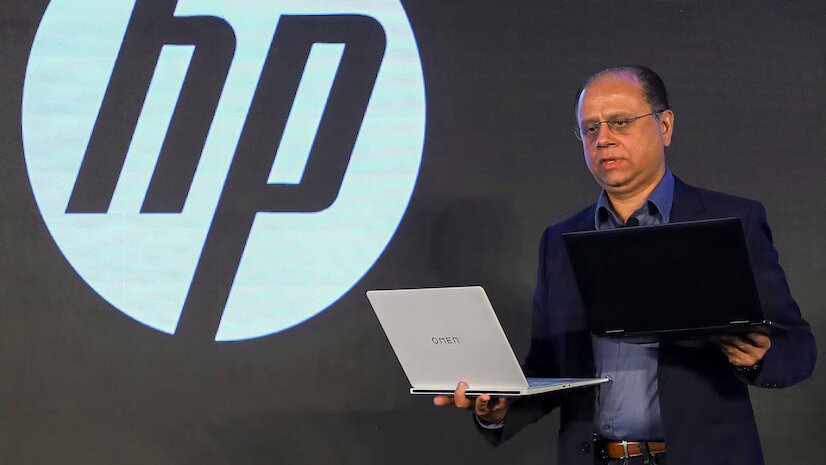
The COVID-19 pandemic has forced many companies to adopt remote work arrangements. While this has allowed for greater flexibility, it has also brought about new cybersecurity challenges.
Cybersecurity has always been an important aspect of doing business, but with the rise of remote work, it has become even more critical. In this article, we will discuss the importance of cybersecurity in remote work.
Why is Cybersecurity Important in Remote Work?
Remote work allows employees to access company data and systems from any location. While this provides flexibility and convenience, it also creates security risks. Cybercriminals are always looking for new ways to exploit vulnerabilities in technology, and remote work has provided them with new opportunities.
Cybersecurity is crucial in remote work to protect sensitive data, prevent cyber attacks, and ensure compliance with regulations.
Common Cybersecurity Threats in Remote Work
Remote work presents unique cybersecurity threats, such as unsecured Wi-Fi networks, phishing attacks, and malware. Without proper security measures, cybercriminals can easily gain access to company data and systems.
Phishing attacks are a particular concern, as they can be highly targeted and convincing. Employees must be trained to recognize and report suspicious emails to prevent a data breach.
Best Practices for Cybersecurity in Remote Work
To ensure the safety and security of company data and systems, businesses should implement best practices for cybersecurity in remote work. This includes the use of virtual private networks (VPNs), two-factor authentication, and password managers.
Companies should also provide regular cybersecurity training to employees to ensure that they are aware of potential threats and how to respond to them.
The Role of IT Departments in Cybersecurity
The responsibility of maintaining cybersecurity in remote work falls largely on the IT department. IT departments must implement security measures, such as firewalls, anti-virus software, and intrusion detection systems.
They should also monitor network traffic for suspicious activity and provide regular updates and patches for software and systems.






